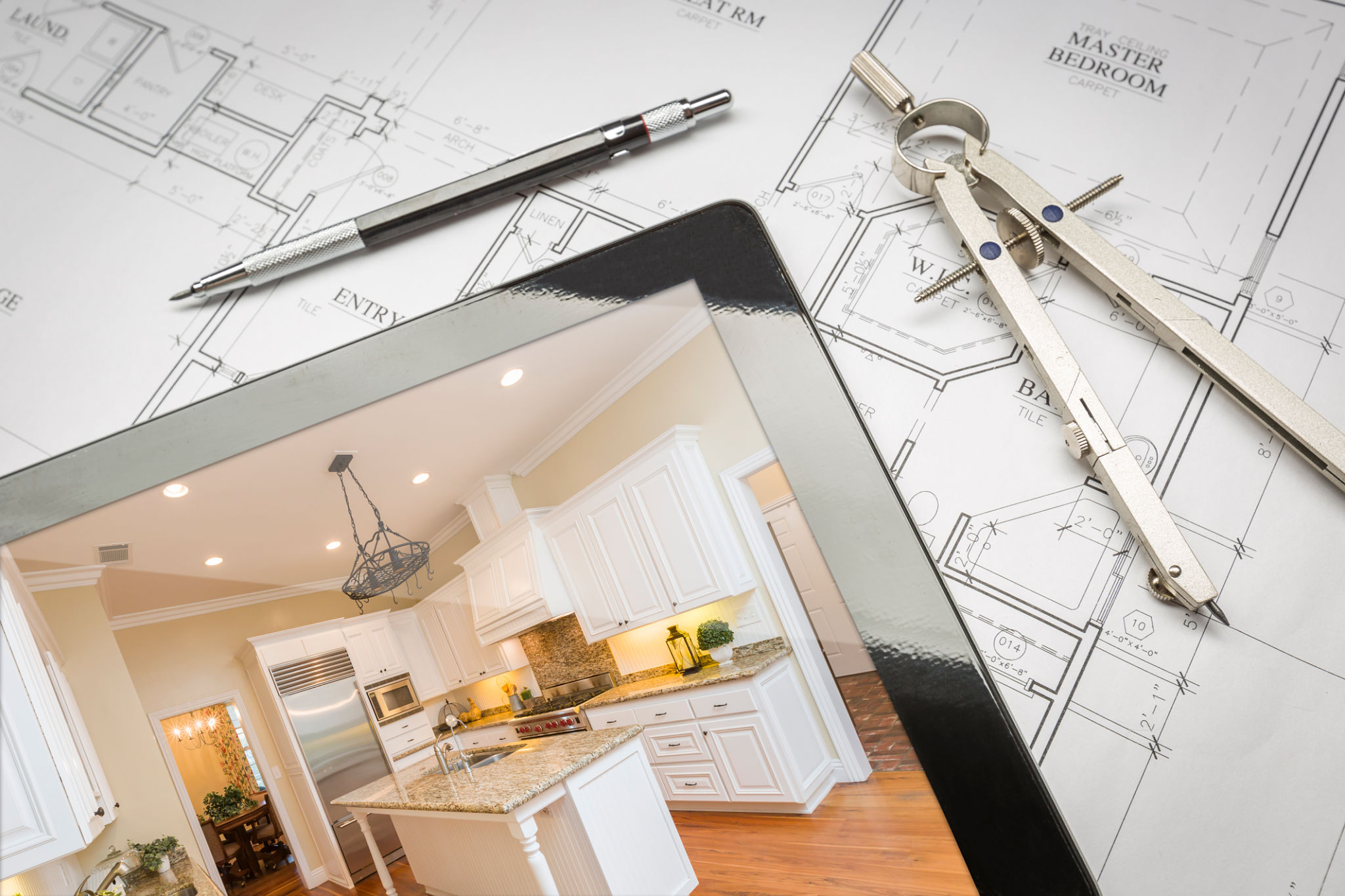Home Builder Lenders: Finding the Right Funding for Your Next Project
Understanding Home Builder Loans
Securing the right funding is crucial for the success of any home building project. Home builder loans are specifically designed to cater to the unique needs of builders, allowing them to manage cash flow and finance construction. These loans can cover costs such as purchasing land, labor, materials, and permits, ensuring that builders have the necessary resources to complete their projects.
Builders can choose from a variety of loan types, including construction loans, lot loans, and end loans. Each type serves a different purpose and comes with its own set of terms and conditions. Understanding these options is essential for selecting the right financing solution.

Types of Home Builder Loans
Construction Loans
Construction loans are short-term, high-interest loans used to cover the cost of building a home. They are typically disbursed in stages, known as draws, as the construction progresses. This allows builders to access funds as needed, reducing the risk of overspending. Once the construction is complete, these loans are often converted into permanent mortgages.
Lot Loans
Lot loans are used to purchase land on which to build a home. They are ideal for builders who have not yet started construction but want to secure a plot for future development. These loans often come with higher interest rates due to the inherent risks associated with undeveloped land.

End Loans
End loans, also known as permanent loans, are traditional mortgages that take effect once the construction is complete. They replace the construction loan and allow the builder or homeowner to pay off the remaining balance over time. These loans typically offer lower interest rates and longer repayment terms.
Choosing the Right Lender
Selecting the right lender is just as important as choosing the right type of loan. Builders should consider factors such as interest rates, fees, loan terms, and the lender's reputation. Working with a lender experienced in construction financing can provide valuable insights and support throughout the project.

It is also beneficial to compare multiple lenders to find the most competitive rates and terms. Builders should evaluate the overall cost of borrowing, including any hidden fees or penalties that could impact their budget.
Preparing for Loan Approval
Before approaching a lender, builders should ensure they have a comprehensive business plan and financial projections. This includes detailed cost estimates, a timeline for completion, and an analysis of potential risks and challenges. A well-prepared application can increase the likelihood of approval and secure better loan terms.
Additionally, maintaining a strong credit score and financial history can significantly impact a builder's ability to obtain favorable loan conditions. Lenders may require personal and business financial statements, tax returns, and proof of collateral during the application process.

Finding the right funding for your next home building project involves understanding your options and selecting a lender that aligns with your goals. By exploring different types of loans and carefully evaluating lenders, builders can secure the necessary resources to bring their vision to life. Adequate preparation and a strategic approach to financing can make all the difference in achieving successful project completion.
